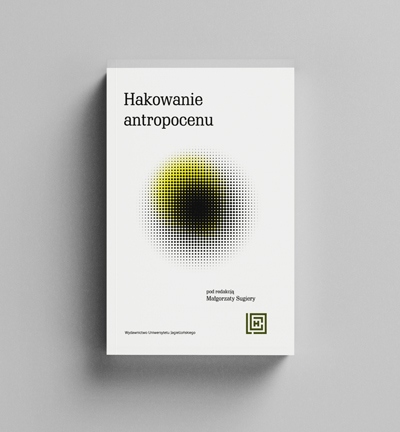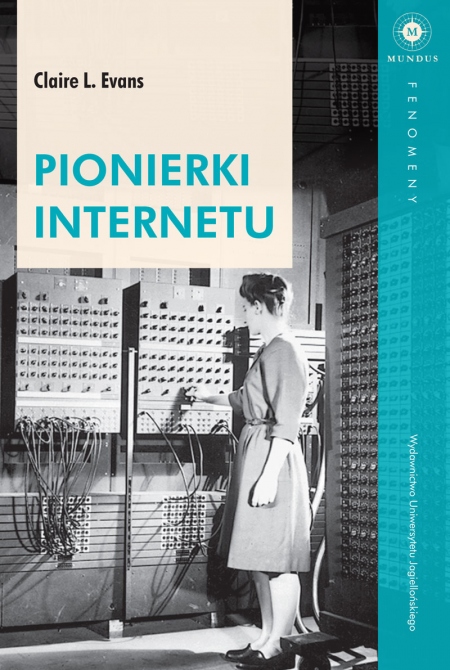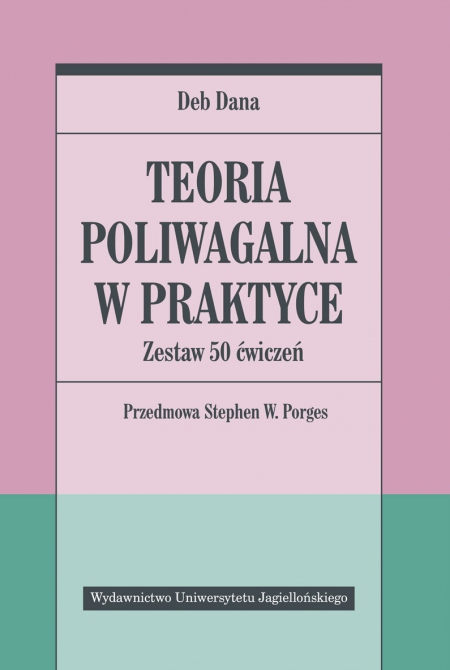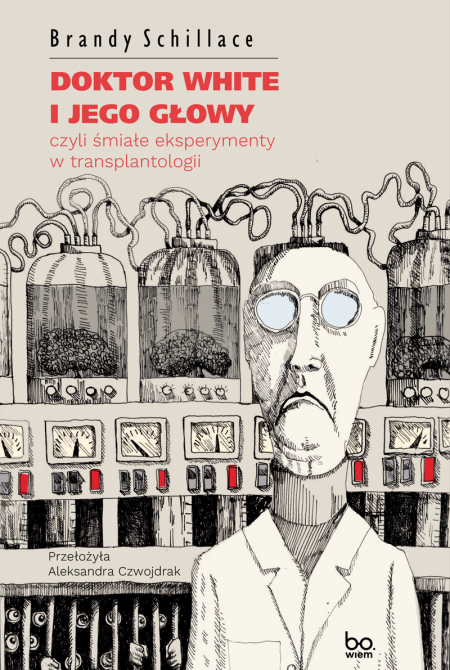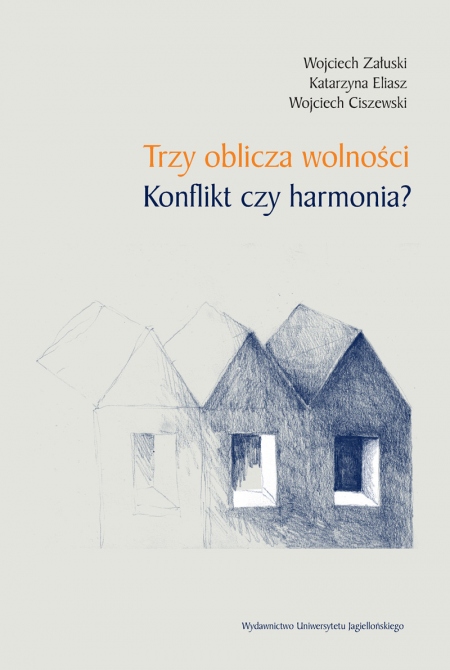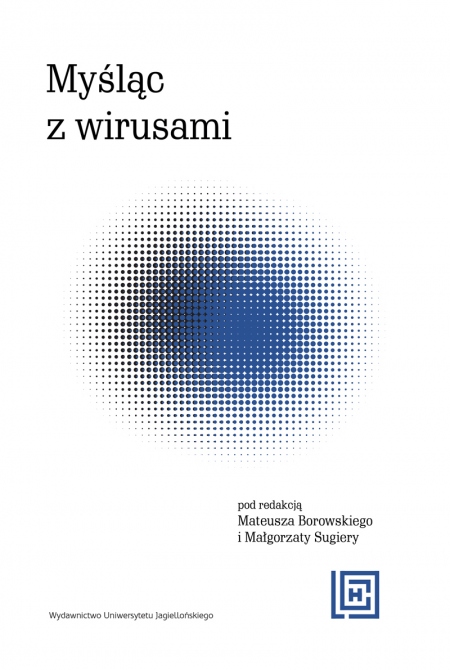
Myśląc z wirusami
Edited by: Mateusz Borowski, Małgorzata Sugiera
Series: Hermeneia
Pages: 420
Book format: 15 x 23 cm
Publication date: 2025
Release date: 12.03.2025
Book description
The Covid-19 pandemic to a greater extent than the earlier epidemics of the first two decades of the 21st century directed public attention to the distinctness of infectious diseases caused by viruses, their specificity and agency. The authors of the volume Myśląc z wirusami (Thinking with Viruses) are interested in scientific, cultural and artistic discourses on epidemics with their typical representations and materializations of viruses (also computer viruses and other manifestations of virality in social life). This thematic focus is reflected in the division of the volume into two parts. The first one, Inne epidemie (Other Epidemics) features articles that situate a variety of—contemporary and historical—representations of epidemics against a broad background of ecological relations and environmental catastrophes. The articles are particularly focused on demonstrating the consequences of employing virus as a metaphor to capture the spreading of various, not necessarily biotic pathogens endangering the health of humans and non-humans within complex ecologies. The texts gathered in the second part, titled Inne wirusy (Other Viruses) argue that thinking with viruses helps to search for ways out of today’s civilizational impasse, by destabilizing arrangements of power, scientific categorizations practiced today and social divisions. For this reason the articles in this part in various contexts refer to the figure of Virus, which Elizabeth A. Povinelli in her Geontologies defines as “a figure for that which seeks to disrupt the current arrangements of Life and Nonlife”. The transdisciplinary approach to thinking with viruses offered in the volume encourages to not only question the accepted borders between living and non-living entities, but also to represent the relations between them in scientific, cultural and artistic discourses in hitherto unknown ways. In ways which make it possible to imagine such alliances and coalitions within more-than-human, natural-cultural-technological networks of exchange and influence that offer a chance for survival.
A meeting devoted to the monograph "Myśląc z wirusami", ed. Mateusz Borowski, Małgorzata Sugiera (in polish)
Funding
This publication was prepared as part of the research project "Epidemics and Communities in Critical Theories, Artistic Practices, and Speculative Fabulations of Recent Decades" (UMO-2020/39/B/HS2/0075), funded by the OPUS program of the National Science Center.
This publication was funded by the Faculty of Polish Studies as part of the Excellence Initiative Strategic Program at the Jagiellonian University.
This publication was funded by the Faculty of Polish Studies as part of the Excellence Initiative Strategic Program at the Jagiellonian University.
Language
Polish
Title in English
Thinking with Viruses
Edition
first
Edited by
Mateusz Borowski
 , Małgorzata Sugiera
, Małgorzata Sugiera

Cover design
Agnieszka Mitoraj
ISBN: 978-83-233-5462-8
e-ISBN (pdf): 978-83-233-7638-5
Country of producer: Poland
RECOMMENDED BOOKS
NEW BOOKS

Myśląc z wirusami
Choose chapters to buy:
Order value:
0.00 zł


